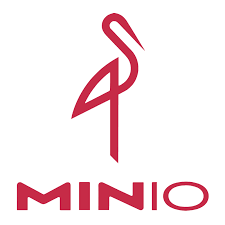 rqlite is a lightweight, open-source, distributed relational database written in Go, utilizing SQLite as its storage engine.
rqlite is a lightweight, open-source, distributed relational database written in Go, utilizing SQLite as its storage engine.
Release v8.24.9 is the first release that comes with multi-platform Docker support. You can now pull a Docker image for 386, ARM, and AMD platforms from the rqlite Docker repo.






